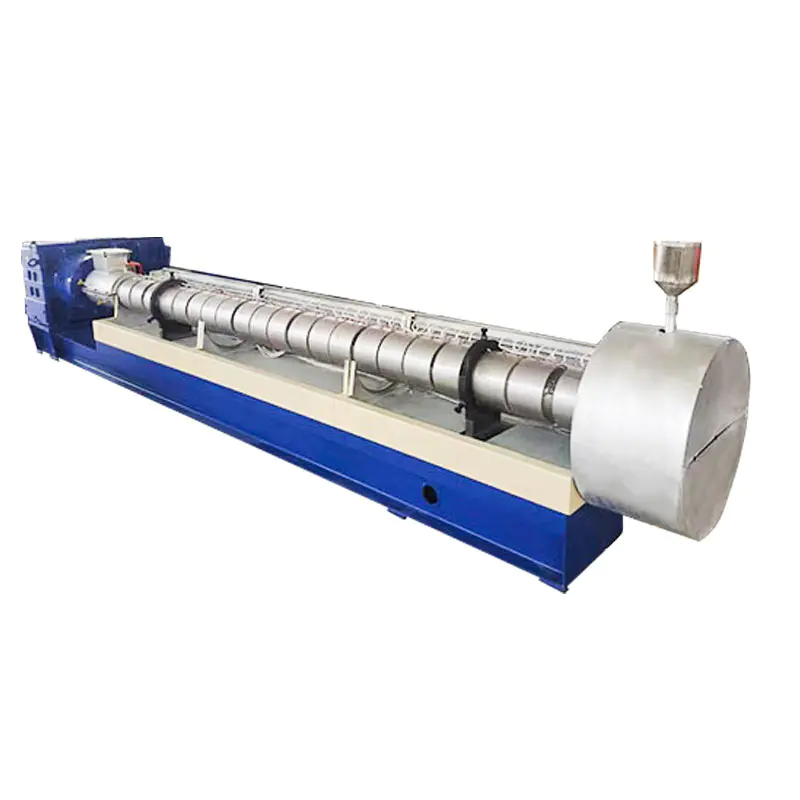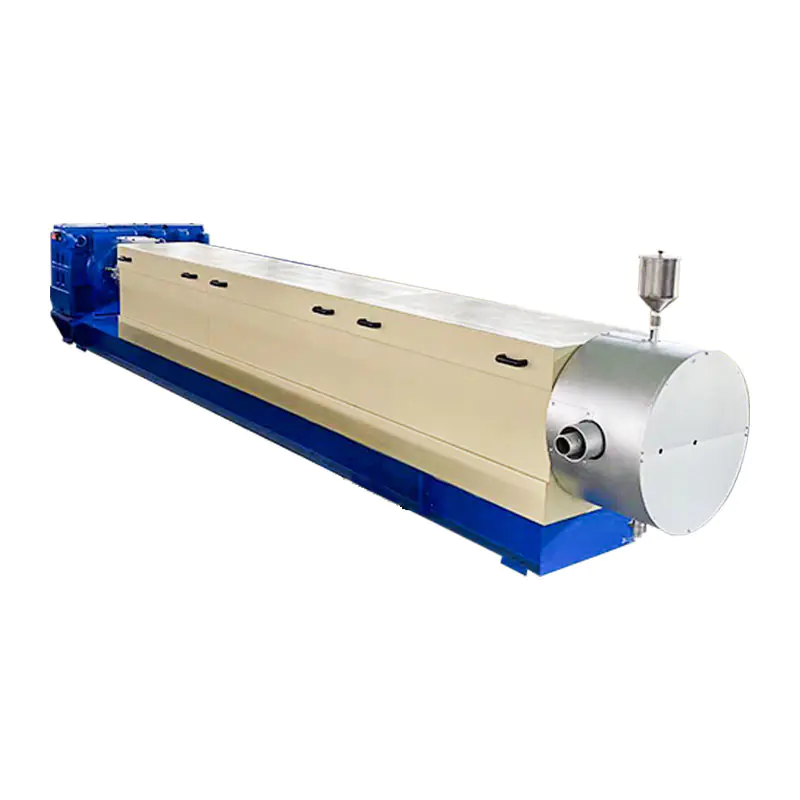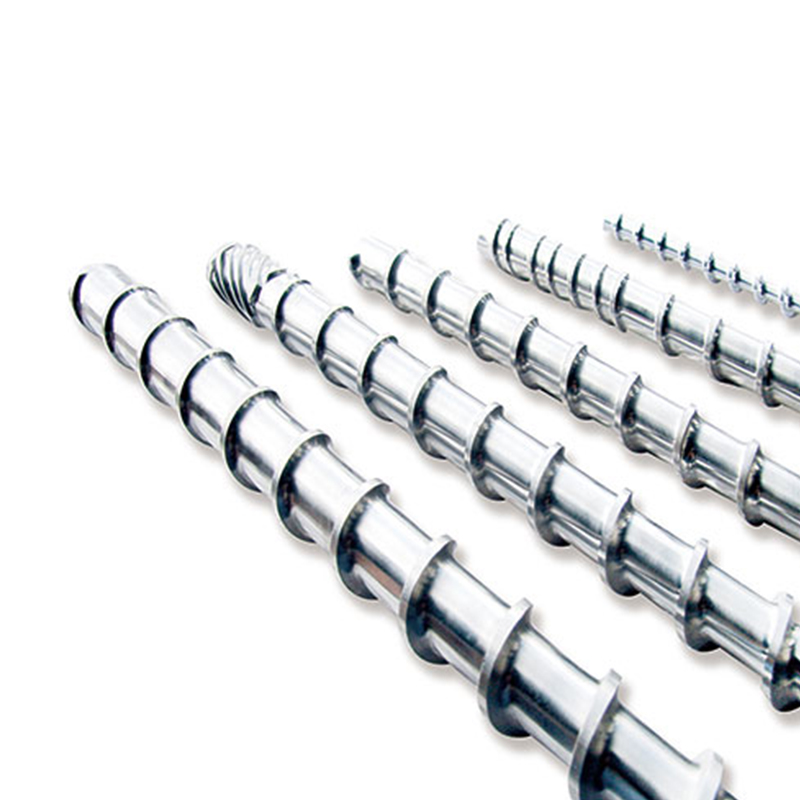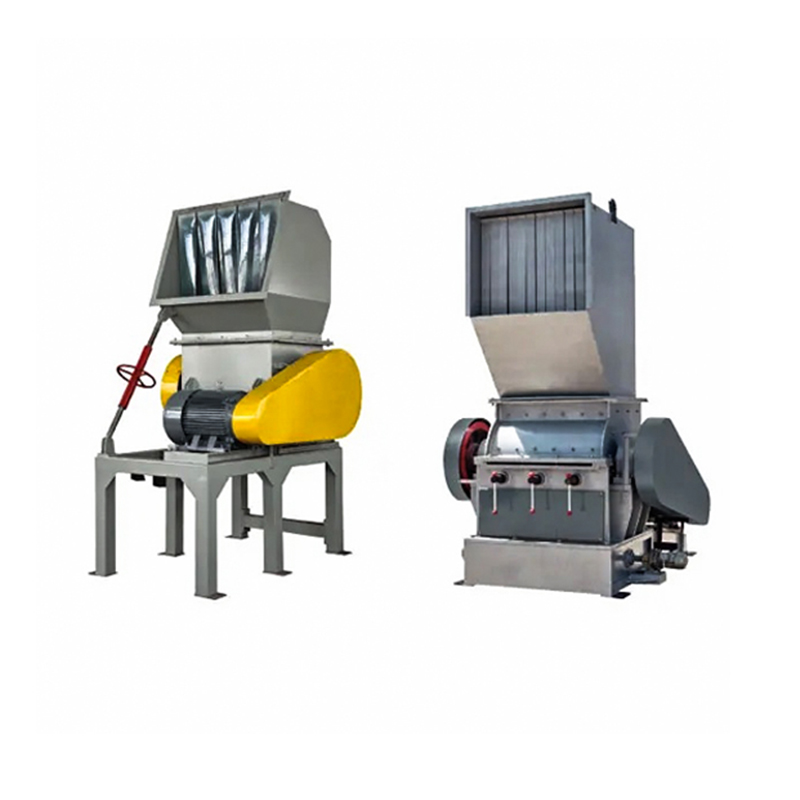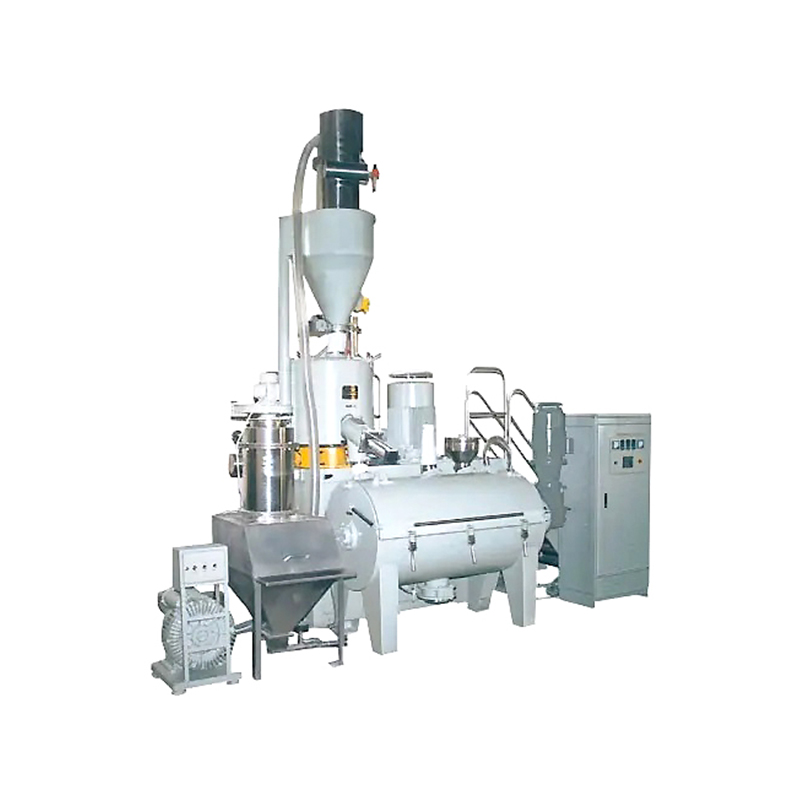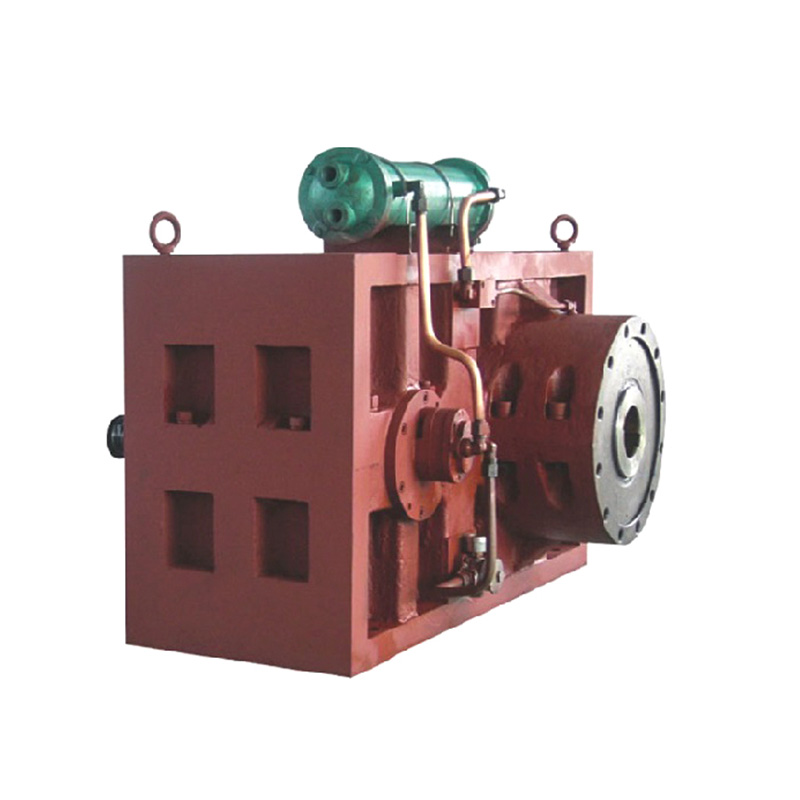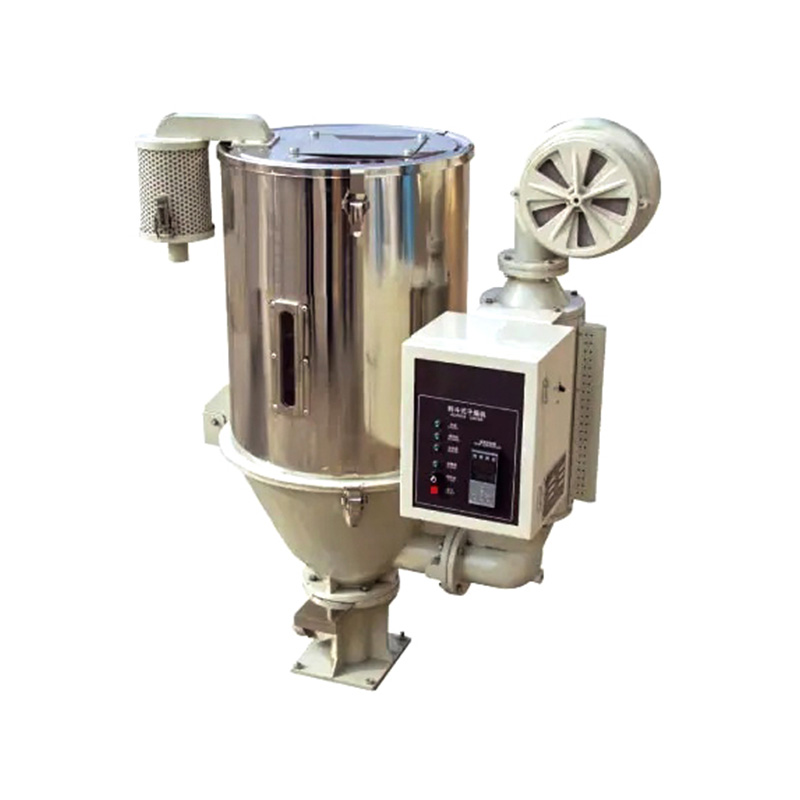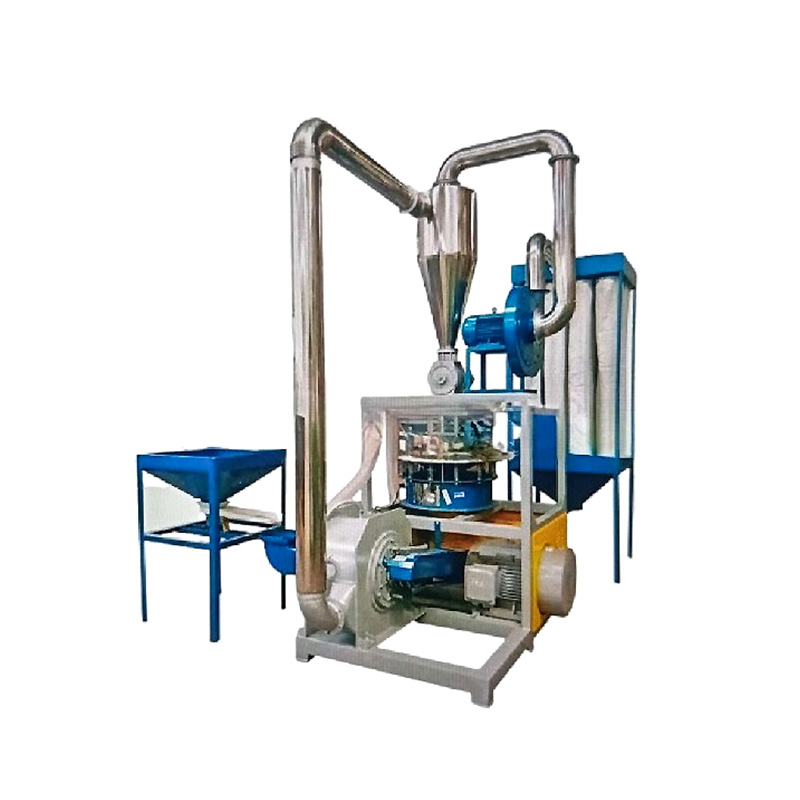At a time when the manufacturing industry continues to pursue cost reduction and efficiency improvement, the field of injection molding has ushered in a breakthrough technological innovation - the extrusion system using Conical Screw Barrel is becoming the focus of the industry. This design has achieved a leap-forward improvement in injection molding efficiency through structural innovation, bringing significant competitive advantages to plastic product manufacturers.
1. Structural innovation breaks through traditional bottlenecks
Conical Screw Barrel adopts a unique tapered gradient design, which is in sharp contrast to the traditional parallel screw structure. The depth of its spiral groove decreases nonlinearly along the material conveying direction, and with the accurately calculated compression ratio (usually 2.5:1 to 3.5:1), a progressive pressure gradient is formed during the plasticization process. This design brings three core advantages:
The melting efficiency is improved by more than 40%, and the output per unit time is significantly increased
Energy consumption is reduced by 20-30%, meeting green manufacturing standards
Thermomechanical stress is reduced by 50%, extending the service life of the equipment
2. Thermodynamic advantages create quality breakthroughs
The dynamic compression characteristics of the conical structure enable the material to achieve a more uniform temperature field distribution during the conveying process. Experimental data show that the internal residual stress value of products produced by Conical Screw Barrel is reduced to 1/3 of that of traditional processes, and the dimensional stability is improved by 2 levels. Especially in the processing scenario of engineering plastics, the melt temperature fluctuation of materials such as PEEK, PC/ABS can be controlled within ±1.5℃.
3. The potential for intelligent upgrading is highlighted
With the penetration of Industry 4.0 technology, Conical Screw Barrel has shown excellent process adaptability:
The number of integrated pressure sensor points has increased by 300%, realizing real-time plasticization monitoring
Seamless connection with MES system, and the self-optimization response time of process parameters has been shortened to 0.8 seconds
Supporting digital twin modeling, the new mold adaptation cycle has been compressed by 60%
4. Prospects for industry application
Currently, this technology has been successfully applied to high-end manufacturing fields such as automotive precision parts, medical-grade packaging, and optical devices. The measured data of an international automotive parts supplier shows that under the premise of maintaining the same product precision, the daily production capacity of a single machine has increased to 42 molds after using Conical Screw Barrel, and the raw material loss rate has dropped to 0.6%, reaching the industry-leading level.



 عربى
عربى


